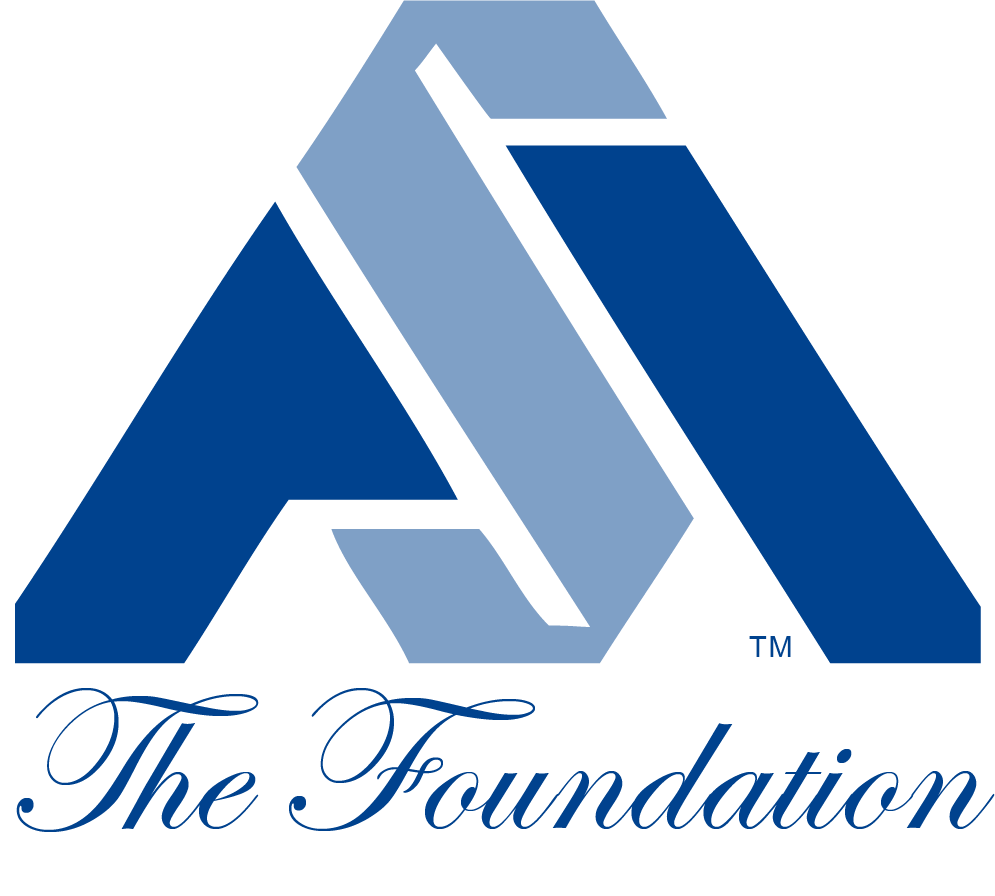By: Dale Carnegie Staff
Recognizing and rewarding good work does double duty:
• It makes employees feel valued, and
• It motivates them to do more good work
Why Don’t Managers Take the Time to Celebrate Good Work?
I wish I had the answer to that one because celebrating good work should be just part of what managers do every day. Although it takes time and effort to make it meaningful and sincere, doing so not only shows appreciation for employees’ accomplishments, but it also motivates employees by instilling confidence and encouraging desired behaviors.
Yet in research we conducted recently only 37% of respondents strongly agreed with the statement that their manager celebrates team wins. And many fewer—only 28%—say their organization’s leadership celebrates collective achievements. That leaves plenty of room for improvement.
Managers Underestimate the Importance of Recognizing Employees’ Accomplishments
Giving honest, sincere appreciation is one of Dale Carnegie’s fundamental techniques for winning friends and influencing people. Why? Because sincere appreciation makes people feel valued, important, confident and connected, and when employees feel that way, they are more likely to be engaged.
Without sincere appreciation, employees might as well be working anywhere. According to our research, about 1 in 4 employees are looking for a new job now or in the next year. And of those leaving, 79% say it’s because they don’t feel appreciated.
But you have the power to keep that from happening. Recognizing and appreciating employees is one of three indispensable manager’s skills—and one you can learn, too. It takes practice, but the payoff is huge.
Actionable Tips for Recognizing and Rewarding Your Employee’s Good Work
• Be consistent – both in what efforts you praise and reward, and whom you are praising. Recognize each team member for accomplishments that are relatively equal in effort and importance and don’t leave anyone out.
• Make an effort to understand the type of recognition that each team member appreciates. Not everyone is comfortable with public praise, while other people feed on it.
• And make sure the reward and praise match the accomplishment. A shout out in a meeting, gift certificates, time off or just a pat on the back can all be meaningful, but they should be sincere and appropriate for the accomplishment.
About the Editor:
Robert Graves, MBA, is a Dale Carnegie Certified Trainer for Dale Carnegie Tampa Bay. His focus is Relationship Selling. He is the author of “Making More Money with Technology.” He often speaks on the evolution of Marketing, Sales, and Service. Robert can be reached at robert.graves@dalecarnegie.com or call/text 813-966-3058.
About Dale Carnegie:
Dale Carnegie is a global training and development organization specializing in leadership, communication, human relations, and sales training solutions. More than 9 million people around the world have graduated from Dale Carnegie training since it was founded in 1912. Dale Carnegie Training can help your organization build effective interpersonal skills that generate the positive emotions essential to a productive work environment that lead to increased profits.











